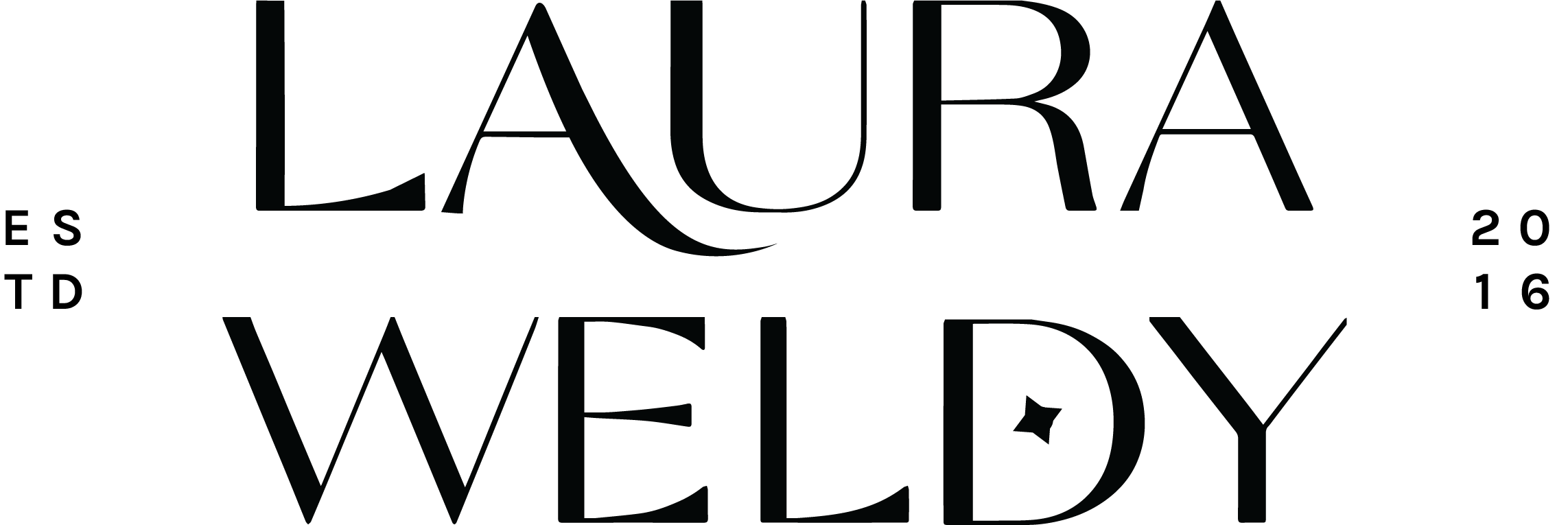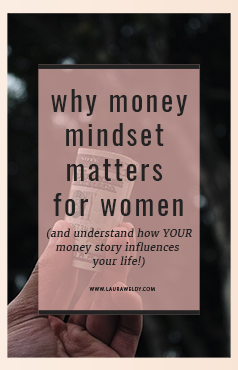What’s your money story?
Wondering wtf I’m talking about? Money is a big deal, ladies. And we don’t talk about it nearly enough! I’m passionate about making the conversation about money not just approachable, but soulful – because there’s so much more to money than figures on a page. I was blown away in a recent conversation with friends when one of the women explained how disempowered and trapped her paycheck made her feel. Yes, it’s great to be able to pay the bills – but when did a paycheck start to feel like a set of handcuffs? I know she isn’t alone in feeling this way!
If the connection between money and life coaching isn’t obvious to you, let me break it down for you: money is a tool that we can use to either create or destroy our lives, opportunities, expectations and happiness. How we use it is up to us – but far too often we don’t take the time to consider money objectively, instead getting caught up in the associated emotions we have inherited from our family, media, or society as a whole.
Today I want to dig into why money and the feelings we associate with it matter (and, spoiler alert: next week I’ll also share a few journalling prompts designed to help you overcome your own blocks around earning and spending money!).
Do you feel excited when you see money deposited into your checking account? Relieved? Stressed? The emotional response we have to the flow of money, conscious or not, is a direct indicator of what type of story we’re telling ourselves. For example, if I feel a sense of relief each time I receive money, it could be because I think earning money needs to be difficult, and that prosperity isn’t guaranteed. My “money story” is that money is not dependable, and consequently something to always be guarded.
It might seem like talking about your money story isn’t as important as actually making money. I’m here to tell you that the two go hand in hand – and that thinking consciously about your emotional beliefs about money isn’t just an exercise for the personal development junkie in your life. It’s an illuminating and necessary practice for anyone who is dedicated to freeing themselves financially, because the story is what dictates how we manage our funds.
Whatever you believe to be true about money, you’ll seek out evidence of in your life. That’s just how we work – we are continually affirming our world views and ideas by finding proof in our surroundings. This isn’t a bad thing, but it does mean that we want to be intentional about the beliefs we foster. By having healthy and positive beliefs about money, we’re inviting more of that healthy and positive money energy into our lives.
Which would you rather see evidence in your daily life: an abundant universe, a plethora of opportunities and joyful earning, or a deficit of money that causes stress, fear, and limitations? I think most of us would agree that the former is most appealing. How do we do that? By intentionally rewriting our money story. By believing first that something better is possible, and allowing that to show up in our lives.
In order to shift our mindset away from negative thoughts about money and it’s role in your life and toward a healthier, happier money story, we need to first understand where you are now. You need to clearly identify your money story and it’s origin. Ask yourself:
- What does money mean to me? In what ways does having or not having money influence my life?
- What opportunities have I denied myself due to money?
- What would be different for me if I was no longer limited by money?
Now that you understand your money context, see if you can summarize your beliefs about money in a few sentences. Remember that this is a work in progress, and that this story will continue to evolve and change. Use this first version of your money story to challenge yourself a bit each day. Journal for 30 minutes once or twice a week on your story, its origin, and (most importantly!) what you want the next chapter to look like.
Start to notice, in the meantime, how your reality is shifting. Notice whether you feel more energized about your income, more grateful when paying your bills, or just more calm and clear headed about your financial planning. Maybe you just FEEL happier or more serene – that’s a beautiful result of coming to terms with the impact of our mindset on your reality!
Writing a new money story is completely possible, once you understand your current context. In next week’s newsletter, I’ll share three of the most common money stories I encounter with my clients, and journalling prompts to help you bust them once and for all.


